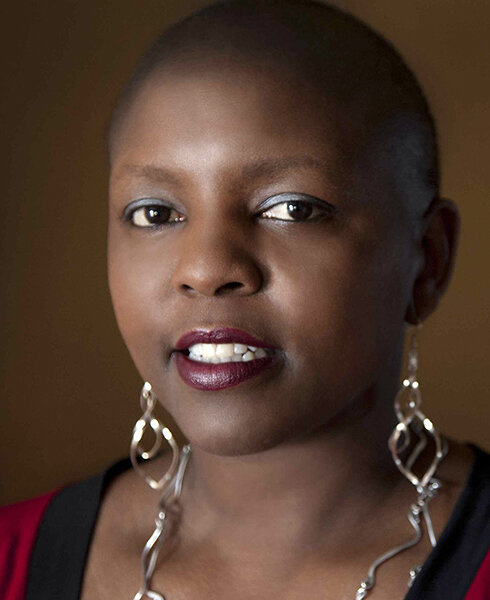The Black Film Center & Archive holds hundreds of rare and often one-of-a-kind recordings documenting the voices and stories of figures across Black film history. Many of these recordings have been published to IU’s digital collections repository Media Collections Online, but BFCA staff are continually working to transcribe and publicize more interviews from our collections for the public to discover. In our new 2023 series, "The Black Film Center & Archive Presents: Black Filmmaker Interviews," we are widely publishing a previously-unreleased interview from our collections monthly from January through July.
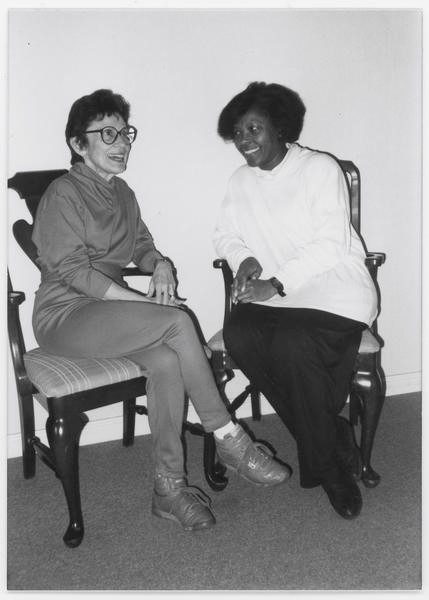
January: S. Torriano Berry (2002 November 15)
The series begins with a recorded conversation with filmmaker, historian, and writer S. Torriano Berry, taped during his visit to the IU-Bloomington campus in November 2002. The co-author of The 50 Most Influential Black Films (2001) and director of films such as Embalmer (1996), Berry has been a central figure in independent film for more than five decades, and as a film professor at Howard University from 1990 to 2016, he mentored and influenced hundreds of emerging BIPOC film artists.
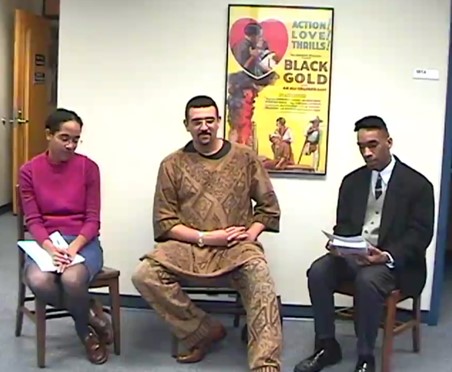
February: Bridgett M. Davis (2014 September 29)
The series continues with a conversation with writer, novelist, teacher, and filmmaker Bridgett M. Davis, recorded with then-BFCA director Michael T. Martin and graduate assistant Noelle Griffis. Bridgett Davis is Professor of Journalism and the Writing Professions at Baruch College, CUNY, where she instructs classes in creative writing and screenwriting. Her film directorial debut Naked Acts (1996) was a landmark feminist exploration of Black women’s sexuality and body image, capturing a rich period of ‘90s independent cinema when increasing numbers of BIPOC film artists were expanding the range of acceptable Black screen representations.
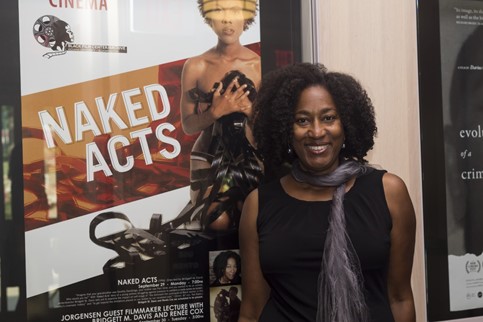
March: Julie Dash (2006 October 29)
The series continues with a conversation with filmmaker Julie Dash, recorded October 29, 2006 with then-BFCA director Michael T. Martin at the Indianapolis Museum of Art. Julie Dash is one of the most prominent and acclaimed members of the L.A. Rebellion (a movement of independent filmmakers who expanded the possibilities of Black screen representation from the 1970s-1990s). Beginning with her short films like Diary of an African Nun (1977) and Illusions (1982), Ms. Dash began developing a compassionate, lyrical body of work exploring the Black female experience. Her feature debut, the stunning Daughters of the Dust (1991), was hailed during its release for its striking visual design and experimental use of Gullah dialect, and made history as the first film by an African American woman to receive general theatrical distribution.
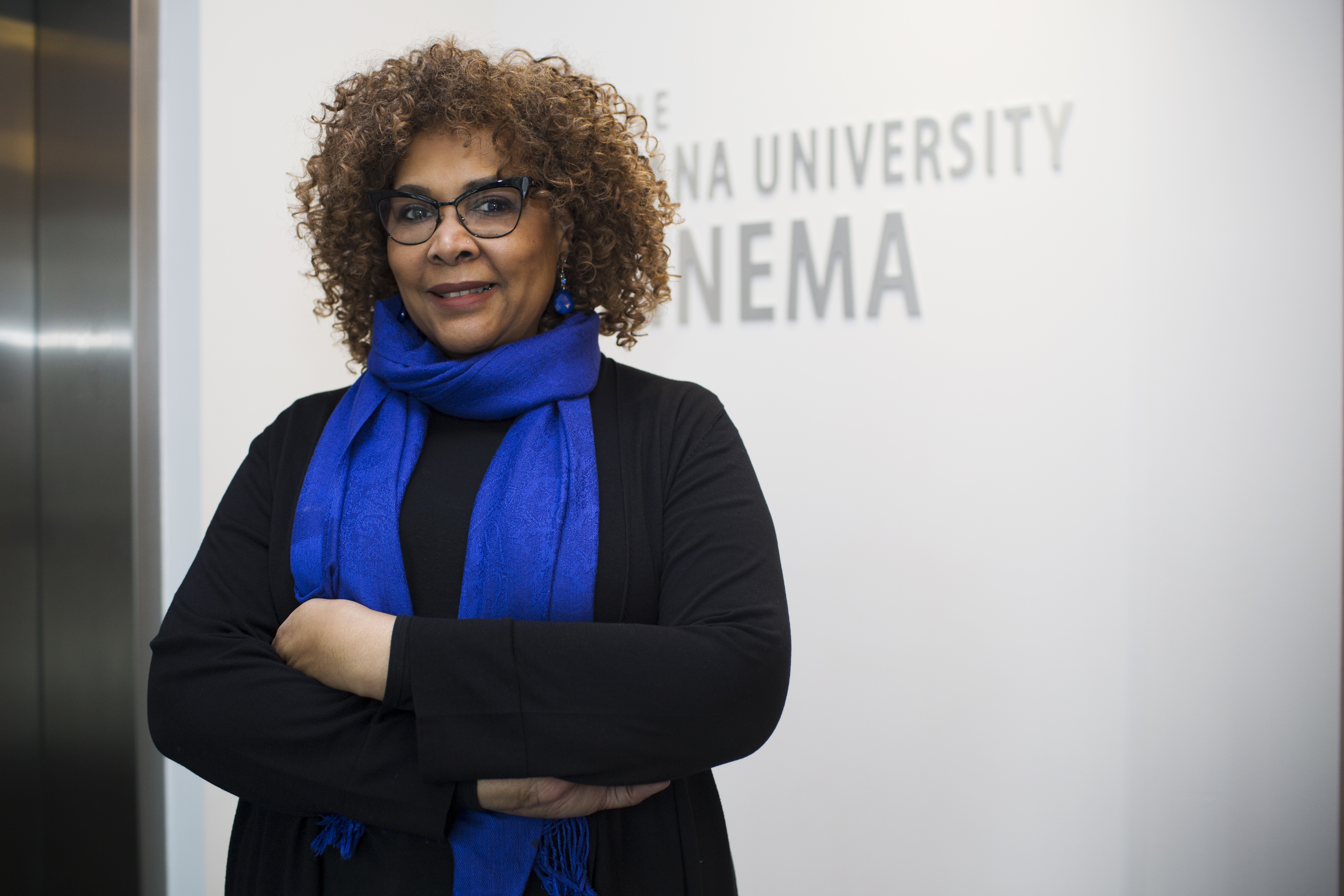
April: Regina Kimbell (2008 February 5)
The series continues with a conversation with filmmaker Regina Kimbell, recorded February 5, 2008 with then-BFCA archivist Mary Huelsbeck. Regina Kimbell is an award-winning filmmaker, cinematographer, and photographer. Growing up in Indianapolis, Ms. Kimbell earned her B.A. from Indiana University, Bloomington and worked as a fashion photographer in California before graduating from the film program at Los Angeles City College. A true independent filmmaking voice, Ms. Kimbell worked for years (with co-director Jay Bluemke) on her first feature-length documentary, My Nappy Roots: A Journey Through Black Hair-itage (2006), exploring the politics and cultural history of African American hair and beauty standards. Her experience with the film led her to found the nonprofit Nappywood, which has produced various lifestyle exposition events since 2013, including a multi-media exhibit in 2020 on the history of Black women hairstyles at the Second Baptist Church in Los Angeles.
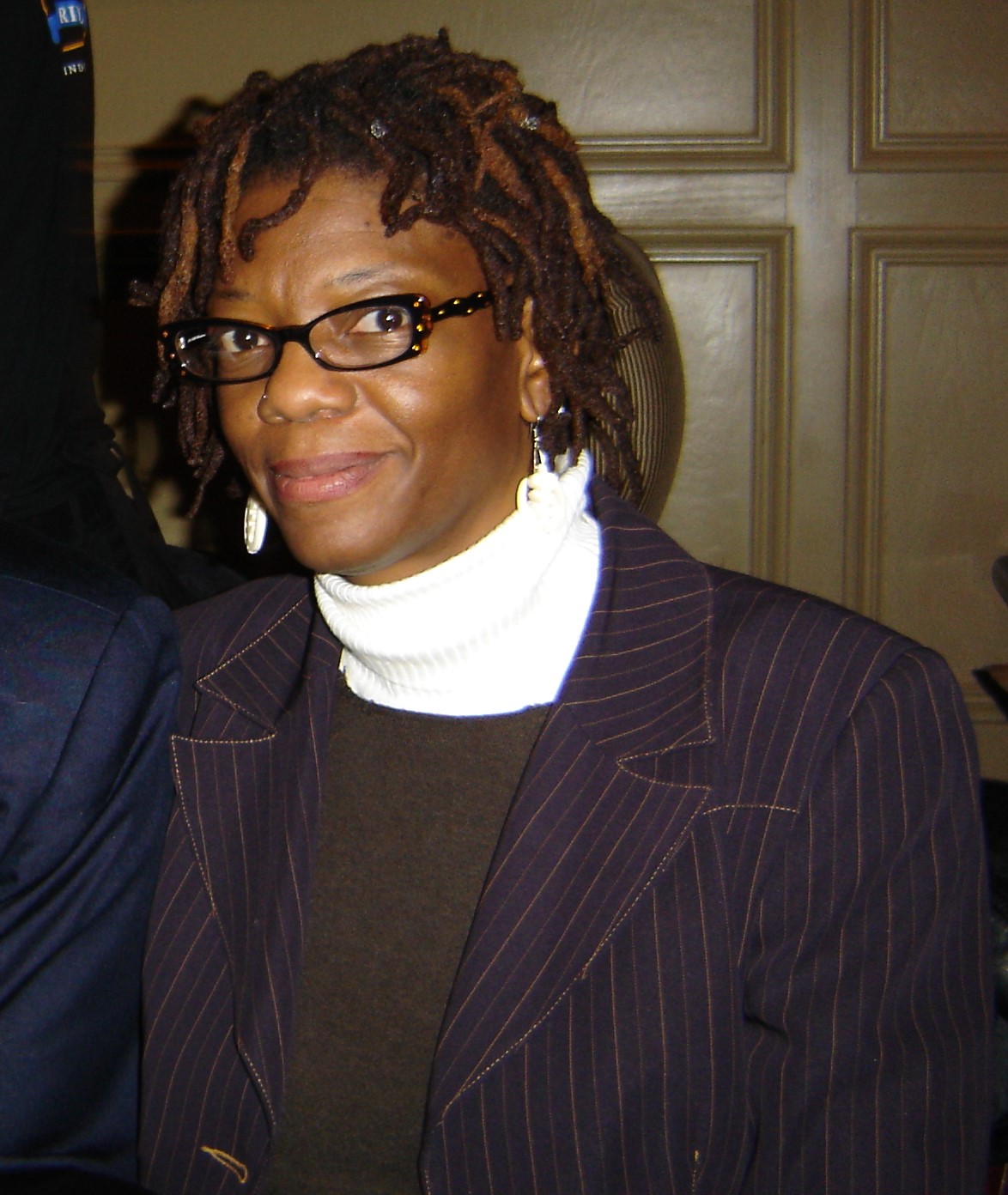
May: Spike Lee (2002 October 9)
The series continues with a conversation with legendary filmmaker Spike Lee, recorded with then-BFCA director Audrey T. McCluskey on October 9, 2002 while he was at Indiana University, Bloomington to accept the BFCA’s Oscar Micheaux Distinguished Achievement Award.
One of the most influential voices in contemporary film, Spike Lee has inspired, mentored, and elevated the work of countless BIPOC filmmakers through his production company 40 Acres and a Mule Filmworks and his many decades teaching at NYU’s graduate film program. His astonishing body of work across both narratives and documentaries includes She’s Gotta Have It (1986), Do the Right Thing (1989), Malcolm X (1992), Crooklyn (1994), 4 Little Girls (1997), Bamboozled (2000), 25th Hour (2002), When the Levees Broke (2006), Chi-Raq (2015), BlacKkKlansman (2018), and Da 5 Bloods (2020).
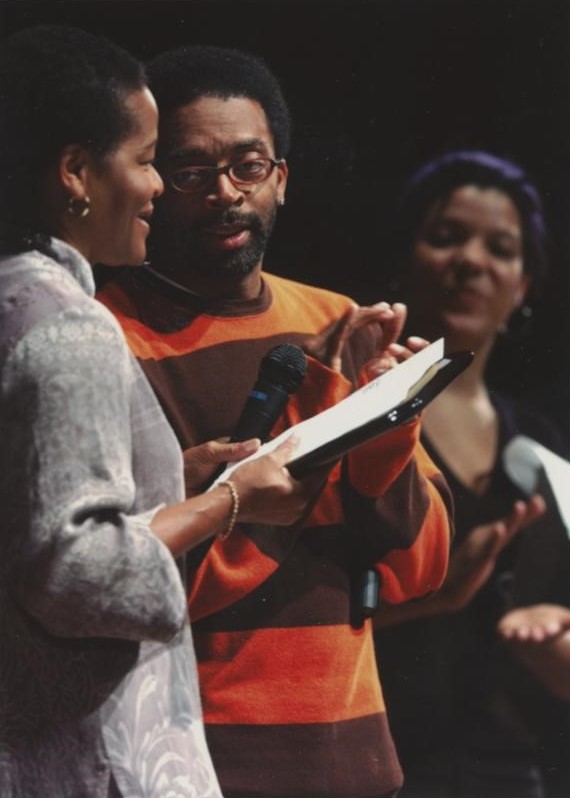
June: Jessie Maple Patton (2005 September 20)
The series continues with a conversation with filmmaking pioneer and author Jessie Maple Patton (1937-2023), recorded with then-BFCA director Audrey T. McCluskey on September 20, 2005 at Indiana University, Bloomington.
With her feature debut Will (1981), Mrs. Maple Patton is recognized as the first Black American woman to write and produce a full-length film independently. She also holds the distinct honor of being the first Black woman to join the International Photographers of Motion Picture & Television Union, a struggle she detailed in her book How to Become a Union Camerawoman (1977). With the 20 West Theatre in Harlem (which she founded and managed from 1982 until its 1992 closure), she worked tirelessly to showcase and promote the work of other Black filmmakers during a historical period of growing independent Black moviemaking work.
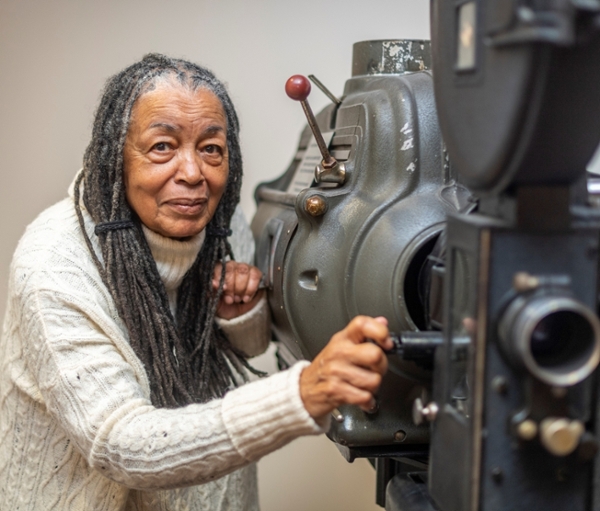
July: Yoruba Richen (2008 March 8)
The series concludes with a conversation with independent filmmaker Yoruba Richen, in audio recorded with then-BFCA director Michael T. Martin on March 8, 2008.
Yoruba Richen is a Guggenheim Fellow and Peabody- and Emmy-nominated documentarian whose work has appeared in PBS’s Frontline, American Masters, Independent Lens, and POV series. Her features, including Promised Land (2009), The New Black (2013), The Green Book: Guide to Freedom (2019), The Sit-In: Harry Belafonte Hosts the Tonight Show (2020), The Killing of Breonna Taylor (2020), and The Rebellious Life of Mrs. Rosa Parks (2022), explore issues like post-apartheid land ownership in South Africa, LGBTQ rights in the Black community, welfare reform, and policy brutality. Ms. Richen is currently faculty and founding director of the Documentary Program at the Craig Newmark Graduate School of Journalism at the City University of New York.
